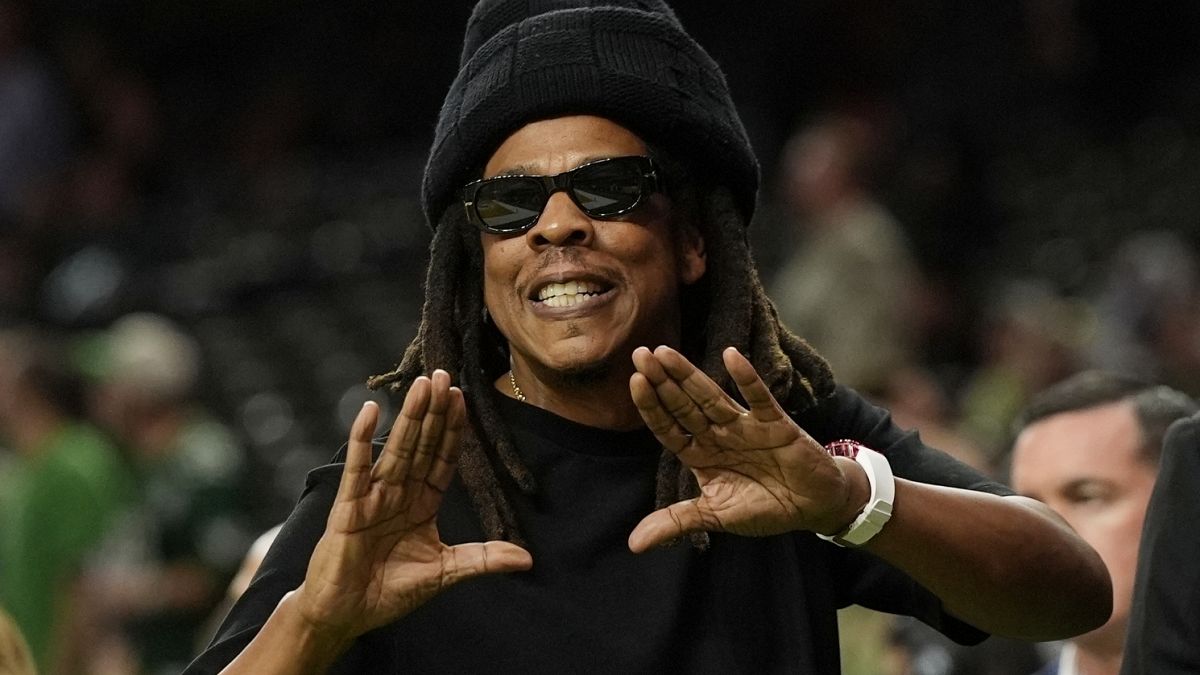In a groundbreaking advancement blending music with technology, Spain has emerged as the origin of the world’s inaugural music album fully produced with artificial intelligence (AI). This pioneering effort is establishing new benchmarks at the crossroads of creativity and machine learning, igniting worldwide discussions about the future of art in the digital era.
Celebrated as a breakthrough in both technology and art, the album was crafted by a group of engineers, musicians, and AI experts who joined forces to extend the limits of machine capabilities in creative domains. Differing from conventional albums crafted by human artists, each element of this project—from tunes to harmonies and even lyrics—was devised by sophisticated AI algorithms. The outcome is a series of tracks that challenge the distinction between human and machine artistry, highlighting AI’s potential as an instrument for artistic innovation.
The album, hailed as a technological and artistic milestone, was developed by a team of engineers, musicians, and AI specialists who collaborated to push the boundaries of what machines can achieve in creative fields. Unlike traditional albums composed by human musicians, every aspect of this project—from melodies to harmonies and even lyrics—was generated by advanced AI algorithms. The result is a collection of tracks that blur the line between human and machine creativity, showcasing the potential of AI as a tool for artistic innovation.
The project began as an experimental initiative to explore the possibilities of artificial intelligence in music composition. Using a combination of machine learning models and neural networks, the AI was trained on an extensive library of music from various genres and styles. This training allowed the system to analyze patterns, structures, and emotional elements within the music, enabling it to generate original compositions that echo the richness and complexity of human-created works.
Both critics and music enthusiasts have been captivated by the album’s sound, which blends recognizable musical elements with surprising twists that reveal the machine’s unconventional approach to composition. Certain tracks present complex harmonies and rhythms that would be daunting for even experienced musicians to create, while others venture into abstract forms and structures, providing insight into the distinctive viewpoint of a non-human creator.
The debut of this album has ignited a flurry of debate within the music industry and beyond. While it is seen by some as a groundbreaking advance, others voice apprehension regarding the impact of AI in creative arenas. Issues surrounding authorship, originality, and the significance of human emotion in art have become focal points as artists, producers, and audiences contend with the concept of machines as creators.
Advocates of the initiative assert that AI ought to be regarded as a tool instead of a substitute for human creativity. They contend that AI can enhance traditional artistry by providing fresh perspectives, boosting productivity, and democratizing access to creative resources. This album, they claim, is not intended to replace human musicians, but to explore new horizons and broaden the understanding of what music can encompass.
Conversely, skeptics are concerned that the emergence of AI-generated music might diminish the worth of human artistry and result in a uniformity of creative expression. They doubt whether machines, absent of emotions and personal experiences, can genuinely craft art that resonates on a profound, personal level. For numerous individuals, music is intrinsically linked to human emotion, culture, and storytelling—attributes that AI, at least for the present, cannot authentically emulate.
Nonetheless, the developers behind this pioneering album stress that their aim is not to eclipse human musicians but to demonstrate the possibilities of merging technology with art. They foresee a future where AI acts as a collaborator in the creative journey, assisting artists in exploring novel concepts, overcoming creative hurdles, and engaging audiences in original ways.
However, the creators of this groundbreaking album emphasize that their goal is not to overshadow human musicians but to showcase the potential of collaboration between technology and art. They envision a future where AI serves as a partner in the creative process, helping artists experiment with new ideas, break through creative blocks, and reach audiences in innovative ways.
The album’s release comes at a time when AI is making significant strides across various industries, from healthcare to film production. In the music world, AI has already been used for tasks such as remixing tracks, generating background scores, and even assisting with songwriting. However, this project represents a bold leap forward, demonstrating that AI is capable of producing a complete, cohesive work of art that stands on its own.
The response to this AI-produced album has been mostly favorable, with numerous listeners applauding its uniqueness and thought-provoking qualities. For some, it offers an intriguing look into the future of music, where human and machine collaboration results in creations that neither could accomplish independently. For others, it prompts significant questions concerning the core of art and technology’s influence on cultural narratives.
The reception to this AI-created album has been largely positive, with many listeners praising its originality and thought-provoking nature. For some, it represents an exciting glimpse into the future of music, where machines and humans collaborate to create works that neither could achieve alone. For others, it raises important questions about the essence of art and the role of technology in shaping cultural narratives.
Ultimately, the release of the first entirely AI-composed music album is a bold statement about the potential of artificial intelligence in creative fields. It challenges conventional notions of authorship and artistry while opening the door to new possibilities for collaboration and innovation. As AI continues to advance, projects like this one will undoubtedly shape the future of music and redefine the relationship between technology and creativity.
Spain’s pioneering role in this achievement highlights the country’s growing influence in the global tech and arts scene, setting a precedent for future explorations at the intersection of creativity and artificial intelligence. Whether celebrated as a breakthrough or met with skepticism, one thing is certain: this album has left an indelible mark on the history of music, sparking conversations that will resonate for years to come.



